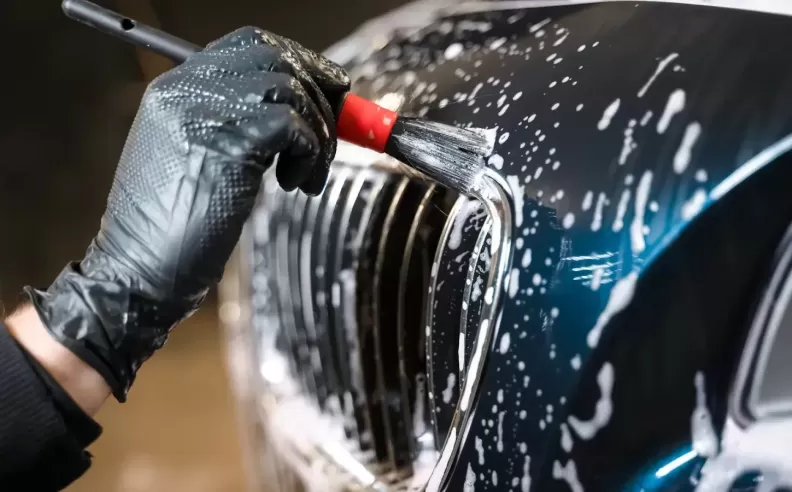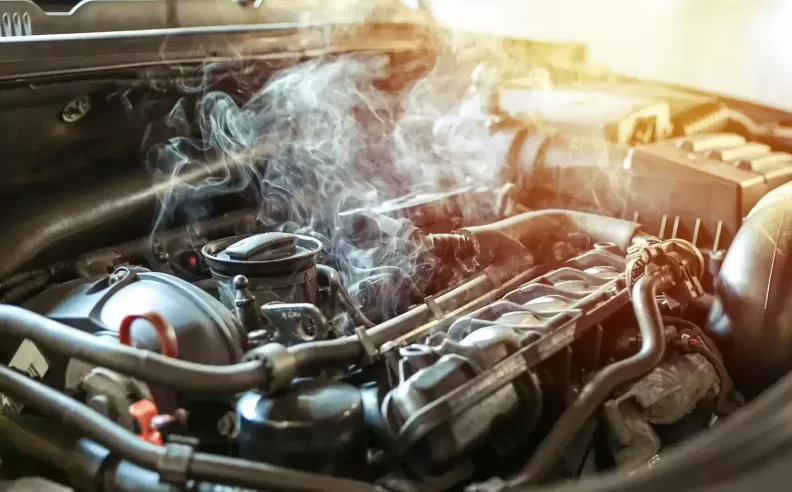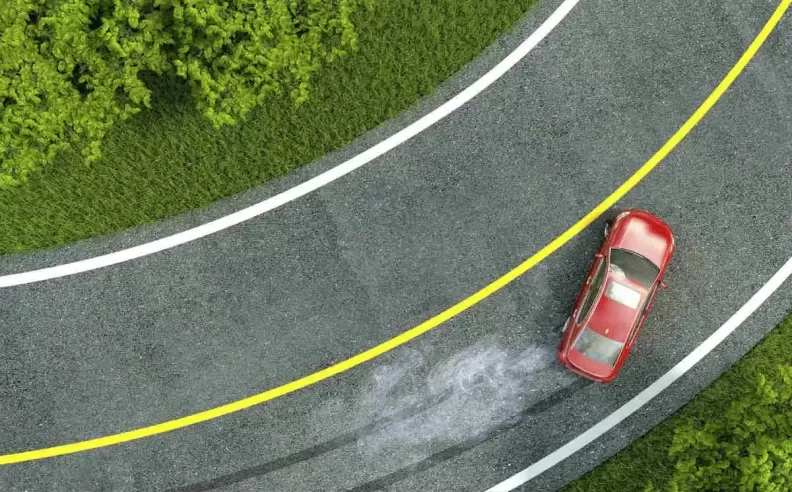
A viral TikTok video has sparked major debate about what drivers should do if their car brakes suddenly fail. With thousands of viewers sharing their own stories and confusion about the right steps to take, it is more important than ever to know how to react in this scary situation. The right choices can mean the difference between a close call and a serious accident.
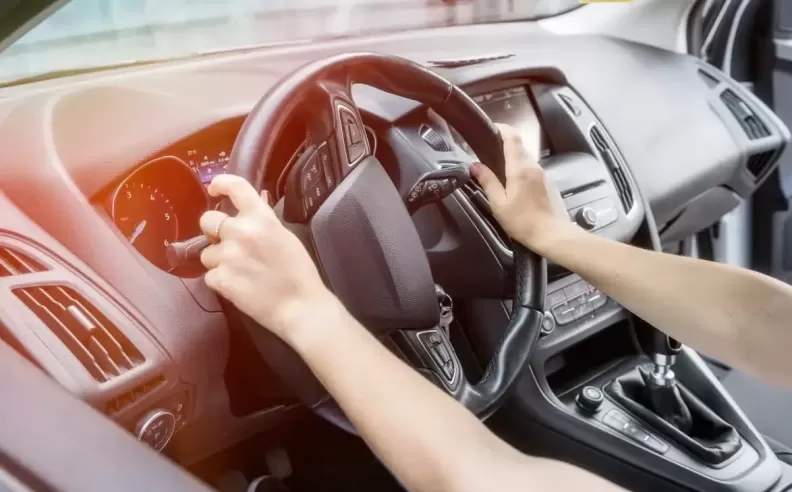
A recent clip on social media suggested that drivers should immediately shift to neutral and let the car slow down on its own if the brakes go out. But is this always the best move? Putting the car in neutral might help reduce speed, especially if you are on a flat road or going uphill. However, on highways or when driving downhill, shifting to neutral can actually make things worse. You lose the engine’s help in slowing down, which can make the car harder to control and increase the risk of a crash.
Experts caution that while neutral might sometimes be useful, it is not the go to answer in every case. Depending only on this tip could leave you in a dangerous position with less control than you think.
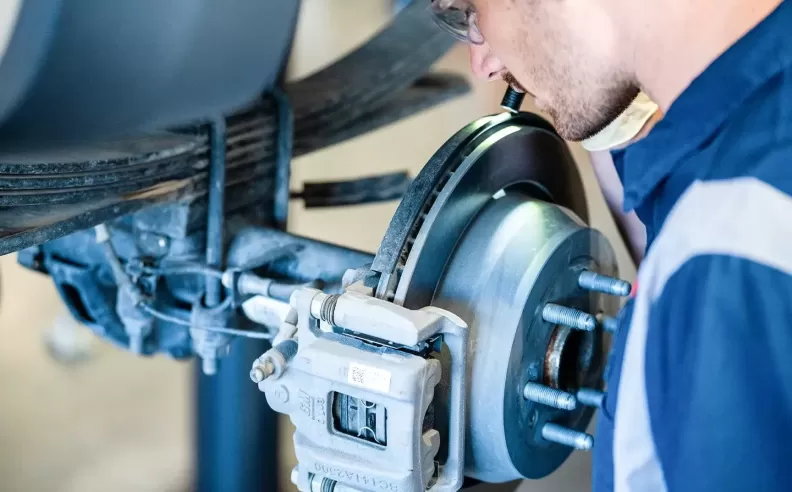
When brakes fail, staying calm is the first and most important step. Panic makes it hard to think clearly. The best advice from safety experts includes pumping the brake pedal several times to try to restore pressure, then carefully shifting to a lower gear instead of neutral. Using lower gears helps the engine slow the car naturally and keeps more control over speed.
If you need more help slowing down, use the emergency brake slowly and gently, not all at once. Pulling it too fast can lock the wheels and send the car into a skid. Move toward the side of the road or a safe spot, put on your hazard lights, and only turn off the engine when you have come to a complete stop.
Brake failures can be caused by things like low brake fluid, worn master cylinders, overheated brakes, or broken hoses. Regular brake maintenance and not ignoring any strange sounds or feelings are key to staying safe. Knowing these steps and understanding the risks helps any driver turn a scary moment into just another story.

Started my career in Automotive Journalism in 2015. Even though I'm a pharmacist, hanging around cars all the time has created a passion for the automotive industry since day 1.
